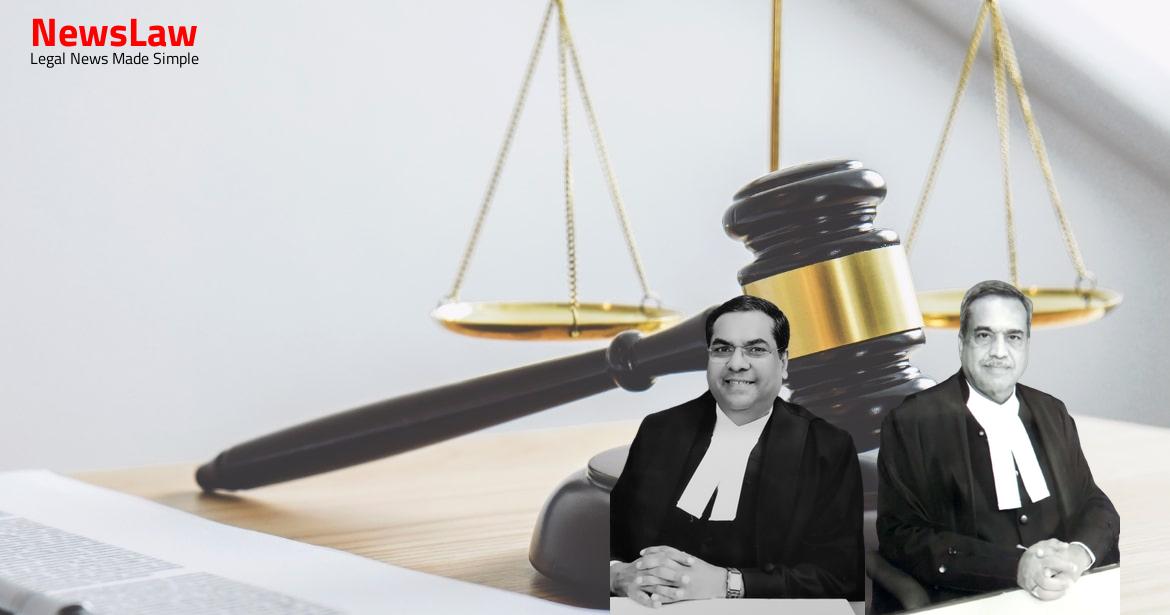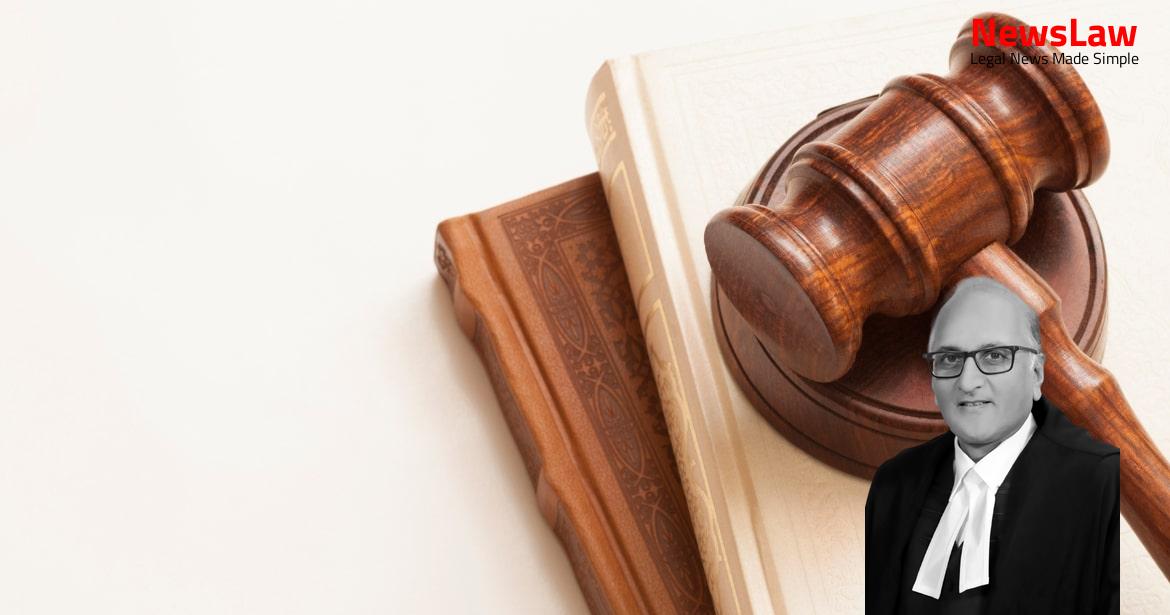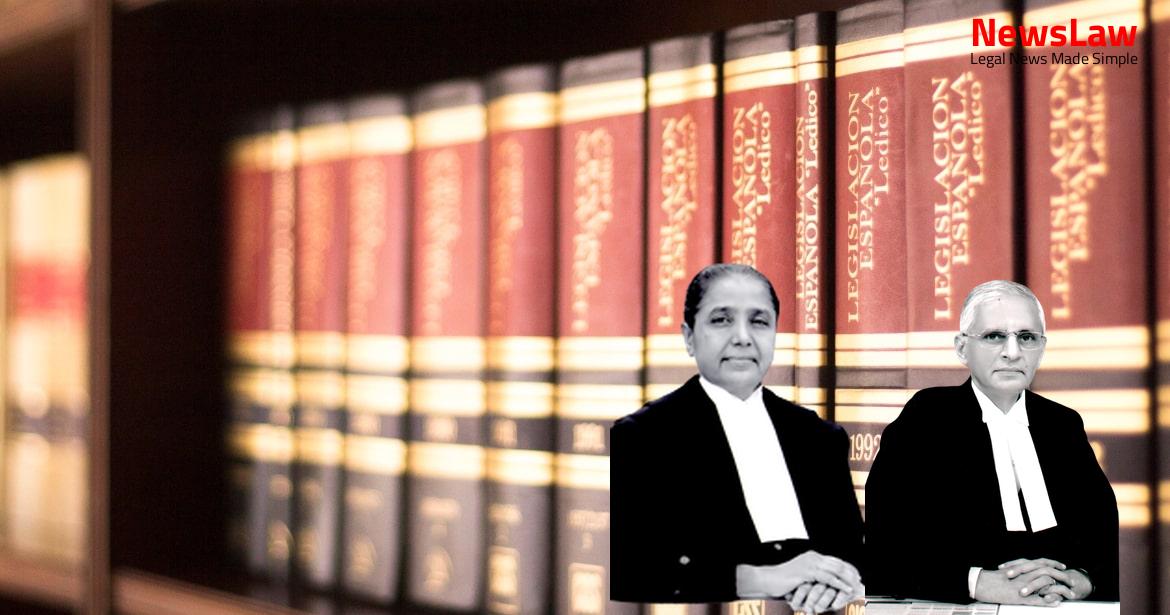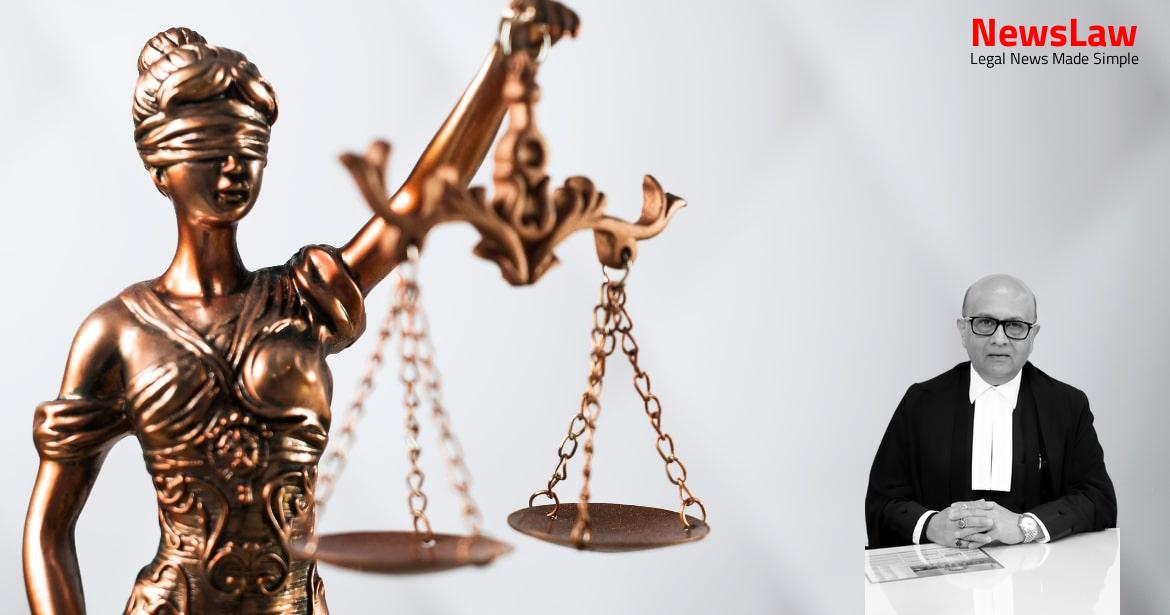The legal analysis in the recent case sheds light on the pervasive issue of systemic discrimination faced by women Special Service Commissioned Officers in the armed forces. The court’s in-depth examination of evaluation criteria discrepancies, indirect discrimination, and the quest for substantive equality unveils the challenges and disparities within the system. Through a lens of fairness and non-arbitrariness, the judgment advocates for structural reforms and corrective measures to ensure equal opportunities for all officers. Let’s delve deeper into the legal nuances of combatting discrimination and promoting inclusivity.
Facts
- The petitioner in Writ Petition (C) 1469 of 2021 claims harassment due to a complaint against her Commanding Officer’s sexual advances.
- The petitioner’s service was terminated in 2018 but later considered for a special review.
- Complaints about exclusion of recent ACRs for PC grant due to unfairness and arbitrariness.
- Failure to announce vacancies for PC grant to women officers causing lack of informed choice.
- Women officers scored lower on ACRs due to casual filling compared to male officers.
- Reliance on medical fitness standards upheld to maintain Army’s fitness policies.
- Policy of granting PC based on competitive merit with 250 cap annually to maintain fairness and non-discrimination.
- Consideration of lowest meritorious male officer for benchmarking PC grant for women officers.
- ACRs only one component for PC evaluation, other factors include honors, courses performance, recommendations, and disciplinary records.
- The judgement discusses the criteria for the grant of Permanent Commission (PC) to Women SSC Officers.
- It mentions the steps taken by the Union Government to implement the decision in the Babita Puniya case.
- The composition and functioning of the Special No 5 Selection Board for screening Women SSCOs for the grant of PC is detailed.
- Medical criteria and assessment procedures for evaluating the officers are outlined.
- The evaluation process considers factors such as honours and awards, performance grading, recommendation for PC, weak points, and disciplinary awards.
- Specific instructions regarding medical fitness, SHAPE-1 qualification, and the temporary low medical category (TLMC) are highlighted.
- The summary also covers the provisions for women officers under the Women Special Entry Scheme (WSES) and the grant of SSC (technical) to women officers.
- The process of determining eligibility for PC, including the calculation of marks and the review of officers who did not opt for PC, is explained.
- The summary ends with an overview of the data provided on officers considered for PC, granted PC, and the withheld results.
Also Read: Electoral Malpractices in Mayor Election
Arguments
- The WSSCOs who have been excluded on medical grounds in November 2020 have a legitimate grievance regarding the determination of their fulfillment of the SHAPE 1 criterion based on their medical status on the date of consideration.
- Similar arguments have been raised against the process for the grant of PC by other petitioners.
- The petitioners implore for the restoration of their dignity and equal treatment, highlighting the gender disparities in the Army.
- The WSSCOs have fought for their rights through litigation and have faced challenges in achieving equality with their male counterparts.
- There is a discrepancy in the application of medical criteria for WSSCOs compared to similarly aged male officers with PC.
- The petitioners stress the need for a fair and equitable assessment process for grant of PC based on merit and not discriminatory practices.
- The Army authorities’ insistence on applying current medical criteria while freezing ACRs of WSSCOs at the 5 or 10 year mark is highlighted as discriminatory and exclusionary.
Also Read: Balancing Power and Transparency: Electoral Bonds Struck Down, Disclosure Mandated
Analysis
- The analysis delves into the systemic discrimination faced by women Special Service Commissioned Officers (WSSCOs) in the Indian Army.
- It highlights the discrepancies in evaluation criteria, especially with reference to the benchmarks used for male officers versus WSSCOs.
- The judgment points out the adverse impact of indirect discrimination on WSSCOs, particularly in the context of medical categorization and career progression.
- It emphasizes the importance of substantive equality over formal equality, noting the need for fair treatment and redress for historical discrimination.
- The judgment calls for a reconsideration of evaluation processes to address the systemic biases and ensure equal opportunities for WSSCOs.
- Key concerns include the belated consideration for PC, exclusion from competitive merit assessments, and non-consideration of post-5/10 year achievements in ACRs.
- The judgment advocates for a holistic approach to combat discrimination, focusing on structural reforms and corrective actions within the Army.
- Ultimately, the analysis underscores the necessity for a fair, non-arbitrary evaluation framework to promote gender equality within the armed forces.
- The part of the judgment explores the concept of indirect discrimination within the context of systemic discrimination.
- It delves into the theoretical foundations of indirect discrimination, drawing insights from legal precedents and scholarly works.
- The judgment discusses the positions on indirect discrimination in different countries such as the United States, Canada, South Africa, and the United Kingdom, highlighting key features and legal frameworks.
- The necessity of evaluating the impact and justification of practices that result in indirect discrimination is emphasized.
- Indirect discrimination is viewed as a tool for uncovering hidden barriers that disproportionately affect certain groups, even in the absence of explicit discriminatory intent.
- Cases such as Anuj Garg v. Hotel Association of India and Navtej Singh Johar v. Union of India are cited to illustrate how laws premised on stereotypes can be constitutionally impermissible.
- The judgment also touches on the importance of statistical evidence in proving patterns of discrimination and the need for courts to closely scrutinize justifications provided for potentially discriminatory practices.
- Overall, the part underscores the need for a robust understanding and application of indirect discrimination in the context of promoting substantive equality and addressing systemic biases.
Also Read: Recall of Resolution Plan Approval: Legal Analysis
Decision
- All serving WSSCOs entitled to payment of salaries and service benefits until Court directions implemented
- Writ petitions disposed of as per above terms
- Pending applications disposed of
- Reconsideration of cases of all WSSCOs, including rejected on medical grounds, within one month
- Orders for grant of PC to be issued within two months
- Previously granted PC to WSSCOs not to be disturbed
- Certain WSSCOs to receive one-time benefit as per Babita Puniya case
- Consequential benefits and time scale promotions to follow directions in judgments within three months
- Reconsideration of Lt. Col. Navneet Lobana’s PC grant with option to complete M.Tech degree
Case Title: NITISHA Vs. UNION OF INDIA (2021 INSC 210)
Case Number: W.P.(C) No.-001109 / 2020



